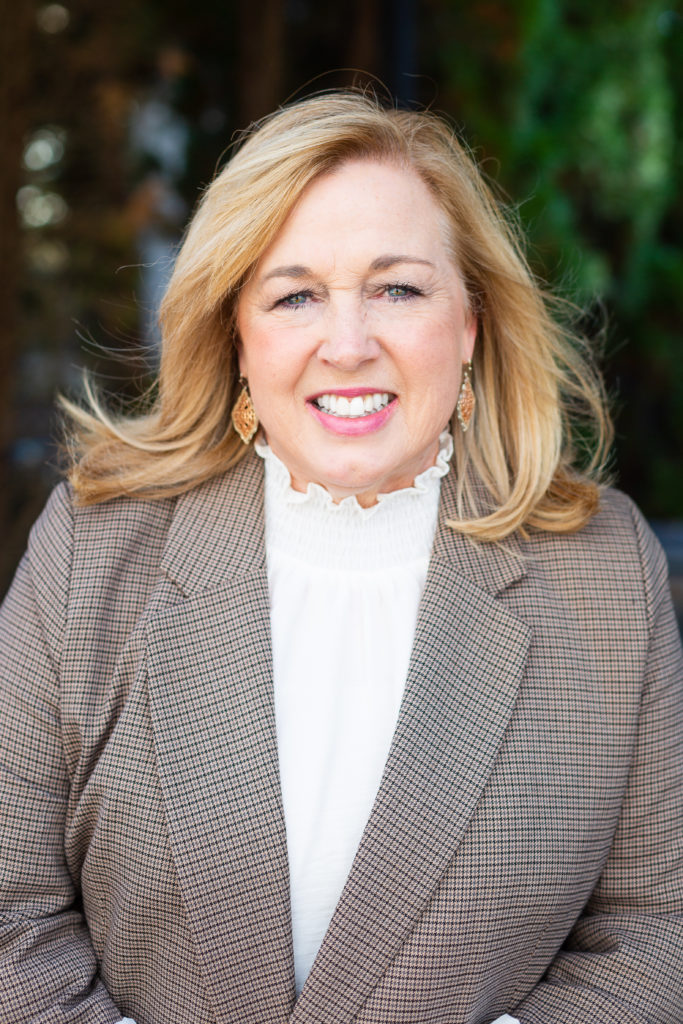Situated in northern Italy, the city of Cremona is approximately twenty-seven square miles with a current population of around seventy-two thousand people. While Rome, Florence, and Venice top most people’s Italian destination goals, Cremona is home to some of the most famous luthiers, the finest violin-makers in the world. The streets are lined with more than one hundred workshops and centers for craftsmen to learn the art and method of the masters, such as Stradivari, del Gesù, and Amati. Those names may not be familiar to you, but they are the gold standard of luthiers, and Cremona is the center of their legacy. The art of violin-making can take more than four years of apprenticeship, and it can take one academic year to complete one instrument. The key to making a quality violin is to follow the methods of the old masters.
In the world of ministry and discipleship, learning from the methods of the masters is often described as mentoring. Over the past thirty years, mentoring has become a buzzword, a program, and in many Christian circles, the question “Who mentored you?” isn’t uncommon at all. At times, we’ve made mentoring a goal to complete or a relationship that is coordinated by a “matchmaker” who forces two people to connect on a deeper level in a matter of weeks or months. While some of these approaches are successful, more often I find the outcome feels contrived and temporary.
We can all learn a thing or two from the violin-makers of Cremona when it comes to mentoring women in the local church. We have a grand craftsman, Christ, who is the example we all follow. Mentoring isn’t helping shape another woman to be more like you. It’s helping shape and form another woman into the image of Jesus. It’s putting 2 Timothy 2:2 into practice, which says, “What you have heard from me in the presence of many witnesses, commit to faithful men who will be able to teach others also.”
So, where do you start, and what are some tips for shaping the next generation to follow Jesus with their whole hearts, minds, souls, and strength?
First, just as there are basic tools for constructing a musical instrument, God has given you tools to use when mentoring others. The first is God’s Word. If you want to help a woman look more like Jesus, direct them to read, hear, study, meditate, and memorize Scripture. Second Timothy 3:16 reminds us, “All Scripture is inspired by God, and is profitable for teaching, for rebuking, for correcting, for training in righteousness.” Being a mentor isn’t about offering advice, although sometimes that is needed. It’s more about pointing them to God’s truth and direction for someone’s life.
The second tool you have is prayer. If you want to mentor someone, pray for her. Pray specifically for her needs, her spiritual growth, her relationships, and for her to become a woman who will continue to make disciples. When Jesus gave the Great Commission in Matthew 28, He instructed His disciples to make disciples and to remember His presence. Praying for the woman you are mentoring is a reminder of God’s work and direction in her life. Pray for the woman you are mentoring when you are with them. When you aren’t with them in person, pray for them by texting them a prayer or Scripture. Write a note or email them specific ways you are praying and rejoice with them when prayers are answered.
The third tool or tip for mentoring women is life experience. God has uniquely designed your life experiences in a way that you can use both the good and the bad to encourage others. Are you single? You can relate to other women who might be experiencing singleness. Are you a mom who works outside the home? You can encourage other women who are trying to figure out motherhood in the midst of responsibilities in the workplace. Are you good with finances? Share that knowledge with other women who need to learn how to manage a budget and how to be a cheerful giver. We are reminded in 2 Corinthians 1:4, “He comforts us in all our affliction, so that we may be able to comfort those who are in any kind of affliction, through the comfort we ourselves receive from God.”
The final tool for mentoring others is ministry opportunities. Whether you are helping mentor a new Bible study teacher, serving together at a local non-profit ministry, or going on a mission trip together, mentoring naturally happens when you work alongside someone else for kingdom purposes. I still remember taking my daughter on an international mission trip. We shared a room with two senior adult women. For a week, my daughter not only shared space with these two women, but she heard them share the gospel, minister to women at an event, and share some unique cultural differences. I’m grateful for women who not only let us watch them “do” ministry but also ask younger women to help and learn in the midst of ministry projects.
I once heard a story of a young man who wanted to learn how to play the violin. As he took lessons, he had the opportunity to practice on a famous (and very expensive) Stradivarius instrument. Nervous and awkward as he held the bow, a master violinist came behind the novice and placed his hands on top of the apprentice’s shaky fingers. He told him, “I will hold your hands and help you play. Together we will play a masterpiece on this masterpiece.” The mentor guided the hands of the learner, and together they performed a beautiful song. You and I have this same opportunity as we mentor others. Let’s come beside them, place our lives next to theirs, and build beautiful relationships that last a lifetime.

Kelly is the Manager of Magazines/Devotional Publishing and Women’s Ministry Training for Lifeway Christian Resources. She is the author of Ministry to Women: The Essential Guide to Leading Women in the Local Church and contributor to the Lifeway Women’s Bible, as well as the Lifeway Women Advent and Easter studies. In addition, she is the cohost of the MARKED podcast for Lifeway Women. She has a Master of Theology degree from Gateway Seminary and is currently pursuing her Doctorate in Ministry degree.

